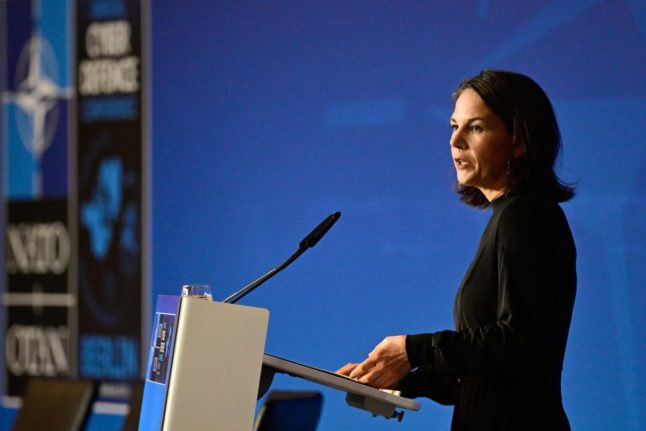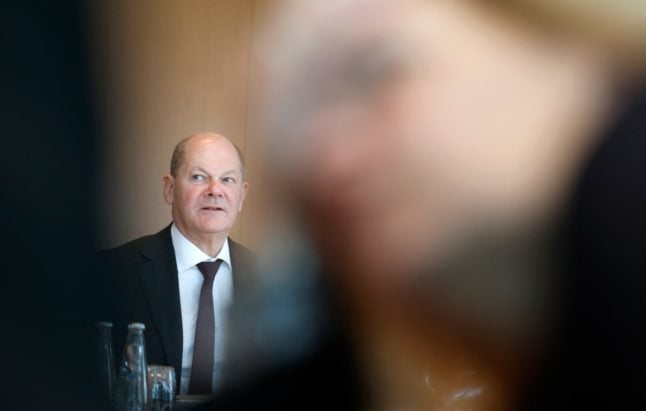Germany’s Foreign Minister Annalena Baerbock said early Sunday she was “relieved” over the release of a second group of Hamas hostages, including four German-Israelis.
“I am thinking of them and of those who are still in the hands of Hamas. We are working with all our might to ensure that they too will soon be free,” she wrote on X, formerly Twitter.
Erleichterung und Bangen liegen auch heute so nah beieinander. Unter den freigelassenen Geiseln sind erneut vier deutsche Doppelstaater. Ich denke an sie und an die, die noch in den Händen der Hamas sind. Wir arbeiten mit aller Kraft daran, dass auch sie bald in Freiheit sind.
— Außenministerin Annalena Baerbock (@ABaerbock) November 25, 2023



 Please whitelist us to continue reading.
Please whitelist us to continue reading.
Member comments